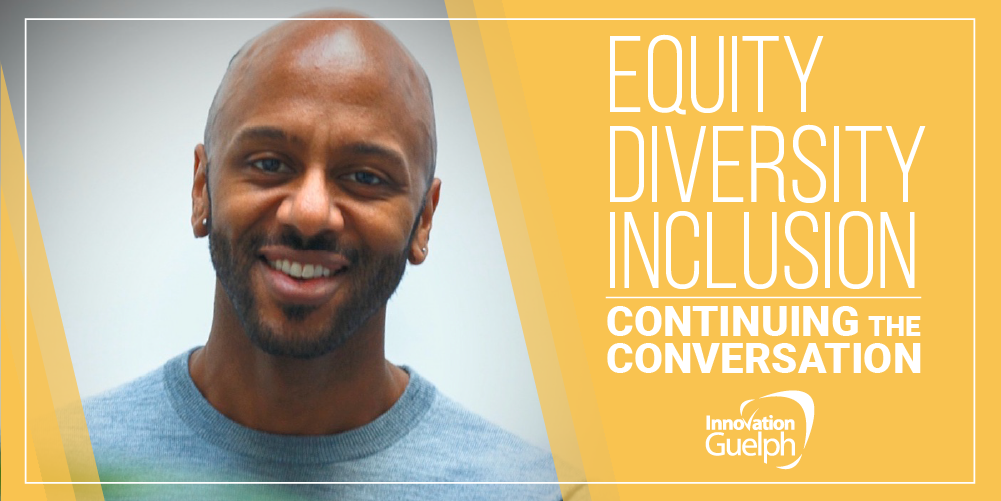

Tony Colley, Be One To Give founder, said his company is like Instacart for surplus food. Their on-demand B2B delivery app is for retailers with surplus food along the food chain. The company takes surplus food from retailers and redistributes it to those in need within two hours!
Colley said, for those that worry about the liability associated with this, five minutes before the food is picked up, it’s being served. Since it’s distributed within two hours, it doesn’t degrade. “We pick it up and we put our label on the packaging, so we take on the liability,” he said.
Why EDI Matters
As a Black business owner, Colley knows first-hand that people of colour face obstacles, especially with business opportunities. “We’re not top priority. I want to put it out there that our intent, like any business, is to create wealth and employment. Be One to Give is inclusive; we recruit women of colour in leadership roles and we prioritize BIPOC and LGTB2Q+ youth who face barriers to employment.” Colley said his demographic is represented in staff and operational teams, so his staff feel included in the company’s mission.
What More Can be Done
There needs to be more representation especially in leadership roles – more diversity to attract diversity in the team, he said. “It’s great to have leaders who understand the demographic they work with – it needs to include similar faces.”
“Everyone feels safe at Be One To Give,” he said. “I have no reason to not be inclusive, it’s easy for me to create a safe place. We vet drivers with a record check and ensure the safety for our driver/passenger teams. Clients, partners and staff are aware of our focus.” Employment is one of the purposes of our social enterprise, he said.
Tackling Barriers
There shouldn’t be barriers to implementing EDI, Colley said. If there is, look outside your bubble.
“When encountering a new company, I go to their team page to see if I’m represented there, Colley said. “Take the time to learn who people are as individuals, listen, understand and comprehend what we can do to be more inclusive,” he advises.
He said from the company’s inception he decided his senior team would be primarily women of colour, and his operational team is BIPOC and LGBT2Q+ youth facing barriers like the stress of homelessness or separation from family. “Being inclusive helps us better-help the communities we serve and work in.”
Representation Matters – Without Question
As entrepreneur, Colley said he’s experienced obstacles for the first time he hadn’t encountered in his previous banking career. “Media controls the narrative; change its voice to encourage diversity without creating more hurdles,” he said.
The company’s clients or users are from grocery stores, caterers, event venues and chefs who tend to be more culturally diverse and, he said, his support staff represent those faces too. This helps create understanding through representation. He said diversity in his team includes all races, ethnicities etc. who appreciate the opportunity the company offers and those previously facing exclusion often do the job even better.
He also advises others to communicate clearly so as not to create barriers to inclusivity.
